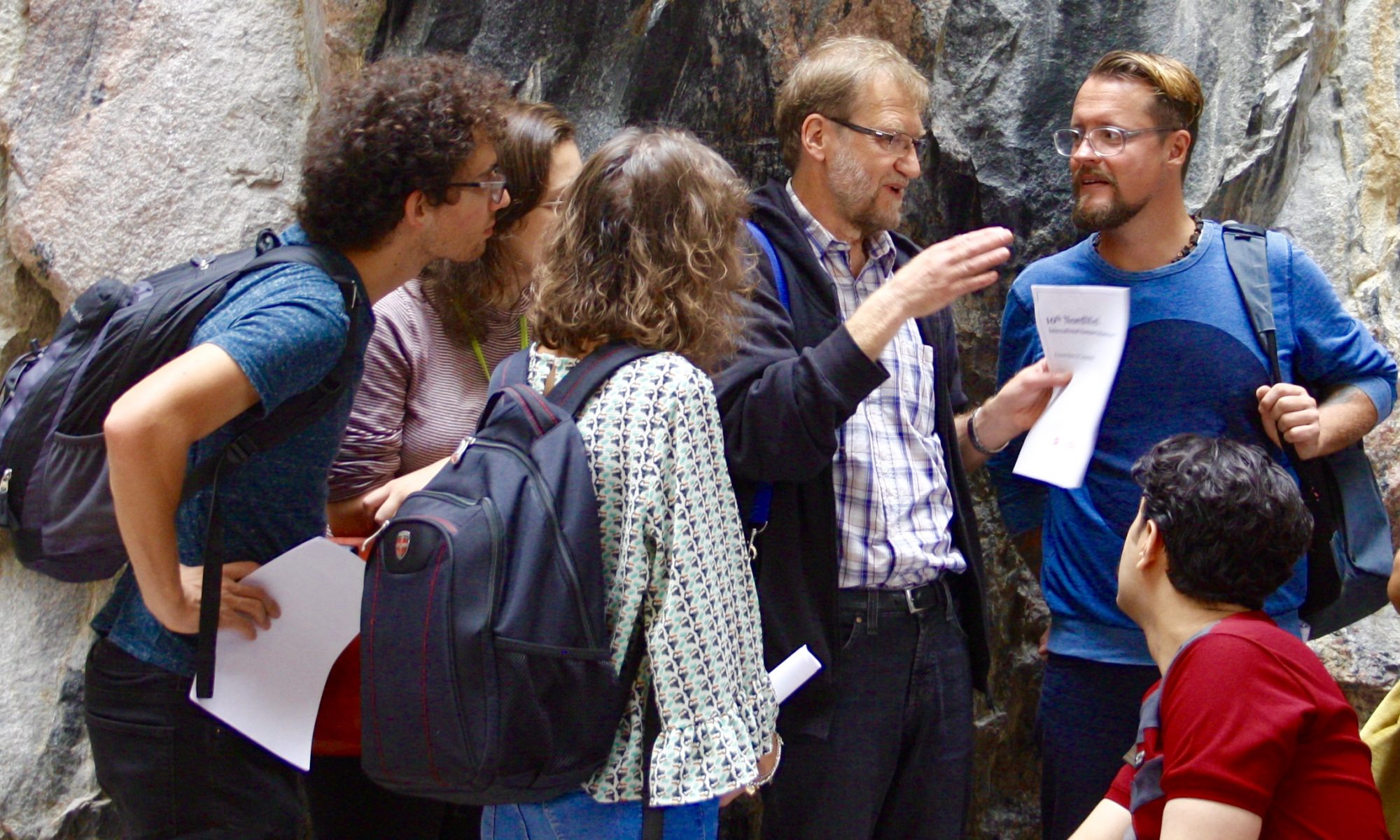A conference organised by the Institute for Futures Studies
May 7th-8th 2009, Stockholm, Sweden.
In a period when classical neo-liberal solutions for both the economy and the Welfare State seem to have run their course, the question arises as to what kind of new strategies should be implemented to recover stronger growth, more and better jobs, and more equality and social cohesion.
Since the late 1990s, some countries have developed what can be termed “a social investment strategy”. In 2000, the EU adopted part of this strategy during the Lisbon Summit. In an attempt to develop a knowledge-based economy by investing in research and development and in human capital, this new strategy entails a strong re-orientation of existing social protection systems and/or development of new social policies aimed at “preparing rather than repairing”.
In many ways, such a strategy has been inspired by the example of the Nordic countries, which have long combined active labour market policies, generous family policies and strong investment in education and life-long learning. These countries have experienced high levels of growth during the last decade and are recognised to be amongst the most competitive economies, displaying high employment rates and low levels of unemployment, while still maintaining the lowest levels of inequalities. How sustainable are such policies and should or can such a strategy be pursued in other countries also?
With just one year left until the deadline, it seems that the goals of the Lisbon Strategy will be hard to meet for many European countries, even more so with the new global crisis. Europe is having some difficulties becoming “the most dynamic and competitive knowledge-based economy in the world, capable of sustainable economic growth with more and better jobs and greater social cohesion, and respect for the environment by 2010”.
In this context, the aim of this conference is to assess the diversity, the feasibility and the relevance of the social investment strategy in the various European welfare models to see whether the goals defined in 2000 are still relevant, or whether new, alternative strategies need to be developed.
Speakers for this conference include:Jane JENSON, Thomas LINDH, Anton HEMERIJCK, Barbara DA ROIT, Kerstin JACOBSSON, Maria João RODRIGUES (tbc), Jon KVIST, John STEPHENS, Giuliano BONOLI, Bruno PALIER, Jutta ALMENDINGER (tbc), Kimberly MORGAN, Vitor GASPAR, Eloi LAURENT, Erik WESTHOLM, André SAPIR (tbc), Bengt-Åke LUNDVALL, Frédéric LERAIS and Joakim PALME.
This conference is organised by Joakim Palme (Institute for Futures Studies), Bruno Palier (NordWel guest professor / Sciences Po) and Nathalie Morel (Institute for Futures Studies) with support from The Nordic Centre of Excellence: The Nordic welfare state – historical foundations and future challenges (NordWel). Network participants are most welcome to attend this event. Places are limited.
Deadline for registration: March 15th, 2009.
Contact: Jakob Larsson: jakob.larsson@framtidsstudier.se
Organisers:
Joakim Palme: joakim.palme@framtidsstudier.se
Bruno Palier: bruno.palier@sciences-po.fr
Nathalie Morel : nathalie.morel@framtidsstudier.se
